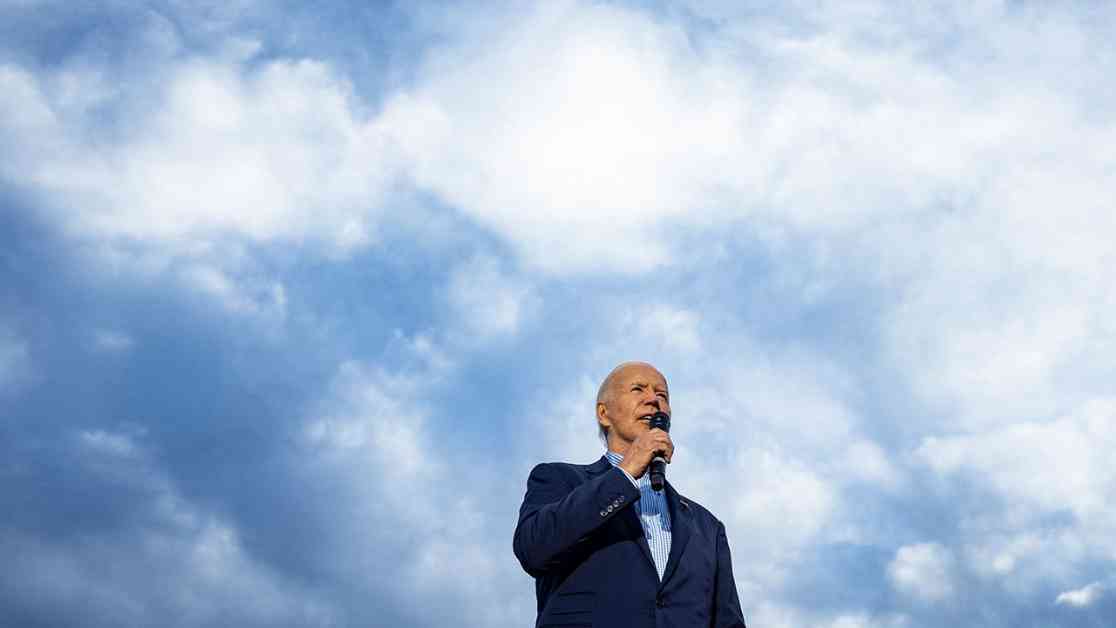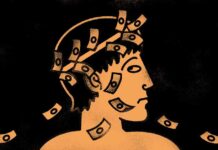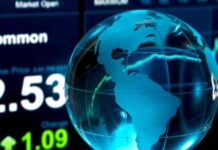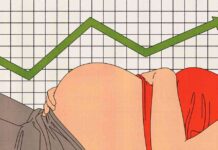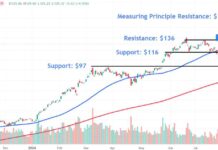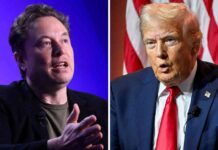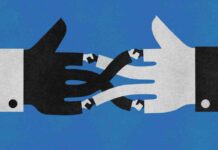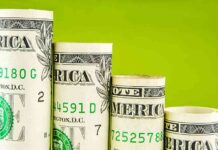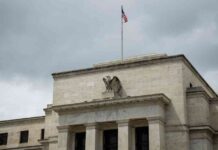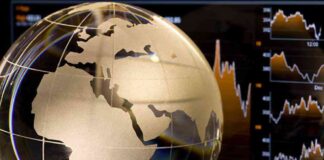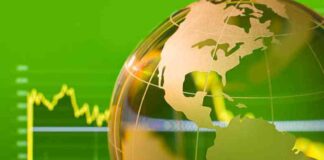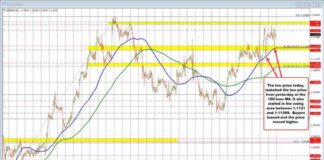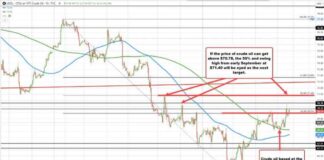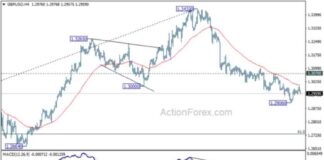The Rise and Fall of Political Betting Markets in America
In the early 20th century, Americans were no strangers to the concept of betting on political outcomes. In fact, the market for betting on the next president was once a thriving hub of activity, rivaling even the stock and bond markets in terms of frenetic trading. Crowds would gather in the financial district, brokers would call out bid and ask odds, and bets were placed with the same intensity and sophistication as trading securities.
According to economists Paul Rhode and Koleman Strumpf, these betting markets were not only deep and liquid but also remarkably accurate. In 15 presidential elections held between 1884 and 1940, the favorite candidate emerged victorious 11 times, with three races ending in ties between odds and results. The markets only missed the mark once, showcasing their predictive power and efficiency.
However, despite their historical success and popularity, political betting markets are largely outlawed in America today. The reasons for this prohibition are varied and complex, ranging from concerns about the integrity of the political process to moral objections about gambling. As a result, Americans are deprived of a valuable tool for navigating the uncertainties of the political landscape.
The Role of Betting Markets in Uncertain Times
In times of political chaos and uncertainty, such as the ones we are currently experiencing, betting markets can provide valuable insights and perspectives that are often missing from traditional polls and analyses. By aggregating the collective wisdom and predictions of a diverse range of participants, these markets offer a unique window into the dynamics of political races and outcomes.
One of the key advantages of betting markets is their ability to reflect real-time information and sentiment, allowing investors and observers to adjust their positions and expectations accordingly. This flexibility and responsiveness make betting markets a valuable tool for adapting to rapidly changing political landscapes and events.
Moreover, betting markets have been shown to be highly accurate predictors of political outcomes, often outperforming traditional polls and expert opinions. By harnessing the wisdom of the crowd and incentivizing participants to make informed and rational decisions, these markets can provide valuable insights into the likely winners and losers of political contests.
The Case for Legalizing Political Betting Markets
Given the potential benefits and advantages of political betting markets, it is worth considering the case for legalizing and regulating these markets in America. By allowing individuals to bet on political outcomes in a transparent and regulated manner, policymakers can harness the predictive power and information-gathering capabilities of these markets for the benefit of society as a whole.
Legalizing political betting markets could also help to address concerns about corruption and manipulation in the political process. By creating a legal framework for these markets and implementing robust oversight and regulations, policymakers can ensure that they operate in a fair and transparent manner, free from undue influence or interference.
Furthermore, legalizing political betting markets could stimulate innovation and competition in the gambling industry, creating new opportunities for entrepreneurs and investors. By tapping into the growing demand for political betting and prediction markets, policymakers can foster a thriving ecosystem of innovation and economic growth.
In conclusion, the importance of betting markets in navigating political chaos and uncertainty cannot be overstated. By harnessing the predictive power and information-gathering capabilities of these markets, individuals and policymakers can make more informed decisions and adapt to the ever-changing dynamics of the political landscape. It is time to reconsider the prohibition on political betting markets in America and explore the potential benefits of legalizing and regulating these markets for the benefit of society as a whole.
